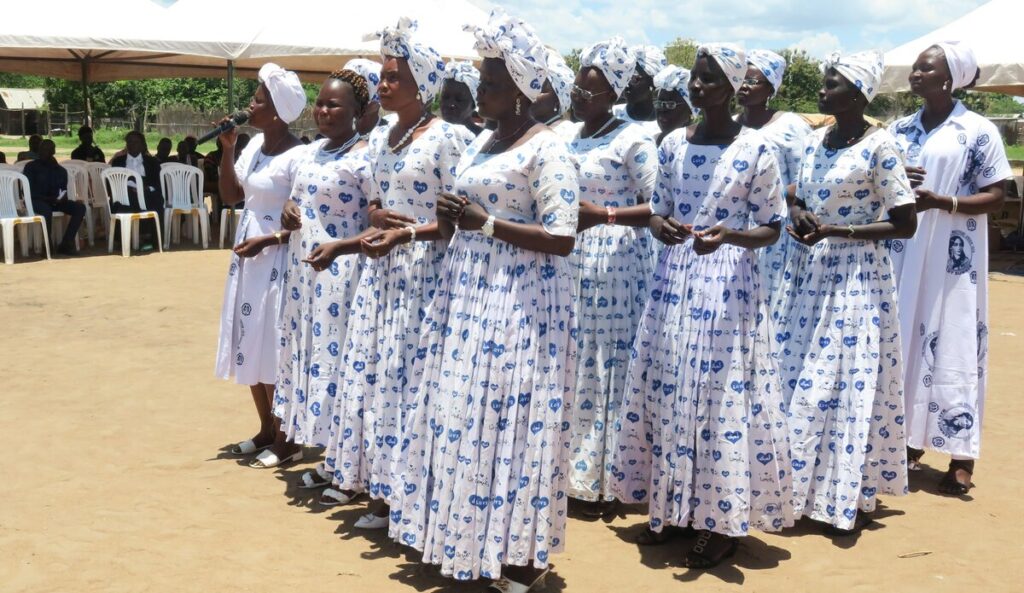ADF STAFF
Rising intercommunal violence and a war in neighboring Sudan threaten South Sudan’s fragile five-year peace deal, experts say.
Against this backdrop, the Advocacy Unit of the United Nations Mission in South Sudan (UNMISS) in September joined forces with various organizations to promote peace through events held in Juba, the national capital, and Terekeka County.
On September 21, International Peace Day, UNMISS and the Central Equatoria State’s Ministry of Peace Building organized a forum attended by government officials, religious leaders, academics, students and others.
“If we aim to sustain peace, we must wholeheartedly uphold the rule of law, human rights and fundamental laws,” John Oziegbe, human rights team leader of UNMISS Central Equatoria, said in Juba.
Emmanuel Sebit, a student leader at Sacred Heart Secondary School, called on the government to provide security, enforce law and order, deliver essential services, and stimulate job growth.
Julia Duany, a professor at the University of Juba’s College of Education, urged the country’s residents to embrace a shared national identity.
“To build our nation, we must first establish stability, manage our natural resources efficiently for the collective good, ensure access to social services, and invest in our women, youth, and the most vulnerable among us,” Duany said in a UNMISS report.
On September 27, the state ministry, UNMISS and the African Theological Leadership School hosted a similar forum in Terekeka County, about 75 kilometers north of Juba.
Laurence Musoke Samuel, director-general of the Ministry of Peace Building, told the audience it is everybody’s duty to promote peace.
“Our families are vital to fostering peace at the community, county, state and national levels,” Samuel said in a report by Rédaction Africa News. “It begins with each one of us, and it is in our homes that we should pass on the values of social cohesion and unity.”
Hellen Kaku Kula, a local women’s leader in Terekeka County, highlighted the role of women in peacebuilding.
“Inclusivity is a must,” Kula said. “Women are the first line of educators in every society, because everything starts at home. It is a necessity that we are all involved in the peace process. The plans that the political leadership has for our country must be aligned with the expectations of its grassroots.”
Increasing Violence
One day before the Terekeka County event, UNMISS released a human rights brief showing a rise in violence against civilians.
Between April and June, 395 civilians were killed, 281 injured, 166 kidnapped and 29 subjected to “conflict-related sexual violence.” These statistics were compiled from 222 violent incidents, a 14% increase in such incidents over the previous quarter.
Almost 90% of the victims were harmed during incidents perpetrated by community-based militias or civil defense groups, the brief said. Warrap State was most affected by the chronic violence and accounted for 34% of all civilian victims, followed by Jonglei, Upper Nile, Eastern Equatoria and Central Equatoria states.
“Ordinary civilians in South Sudan pay dearly for these acts of violence,” Nicholas Haysom, the U.N. secretary-general’s Special Representative in South Sudan, said in the brief. “It is critical to strengthen justice and accountability systems for such crimes.”

